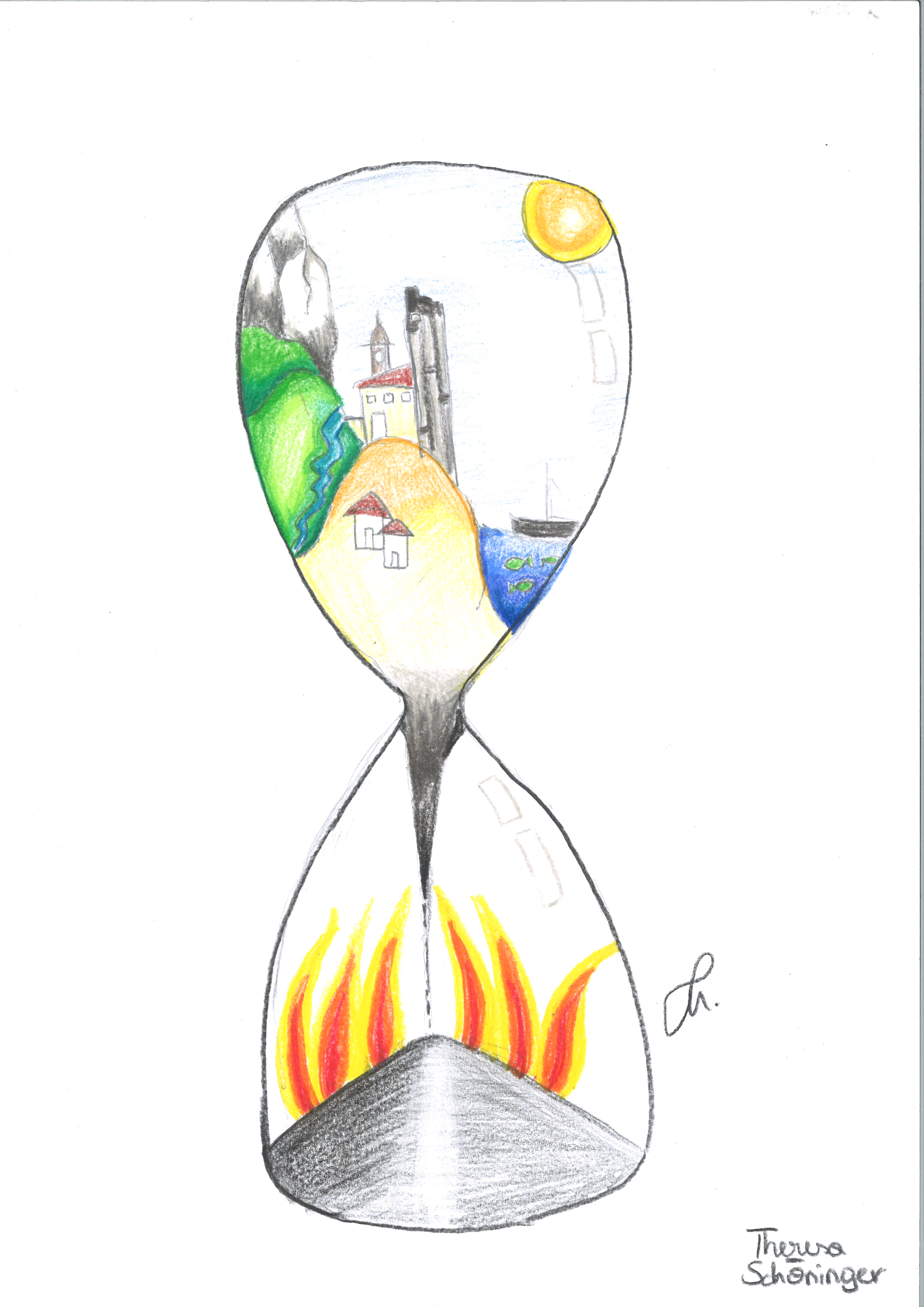Die DorfUni
Ein interkommunales Bildungsnetzwerk für nachhaltige Entwicklung im ländlichen Raum
Schlagworte:
Education, digitization, local development, rural areas, science-society dialogueAbstract
DorfUni[1] is an initiative of various civil society organizations, academics and individuals with the goal of establishing an inter-communal education network for rural communities – also including urban areas – based on free access to and sharing of knowledge. Since the beginning of 2020, the DorfUni has been tested within the framework of various formats in order to build up actors and community competences for local challenges and thus promote sustainable development.
The concept is based on the use of digital technologies to transform weaknesses of rural and peripheral areas into strengths. The central concept of DorfUni aims to connect communities at different stages of development of concrete project implementations in order to share experiences with each other, to balance knowledge differences, to launch initiatives in the first place, to create competence networks and centers, and, in particular, to actively involve citizens. Initially, the DorfUni has the character of an event, because the first thing to be done is to create awareness both of the necessity of sustainable development and of one's own (local) options for action. In doing so, individual actors of the target groups should not be overburdened. The aim is to increase the quality of life (in rural areas) on the one hand, and (regional) resilience in the sense of "earth regenerative" development[2] on the other.
The core format for this is the "Virtual Conference of Innovative Villages": people come together locally in one place and synchronously connect online (as an interactive public viewing) with other places doing the same, in order to learn from and with each other. In the process, solutions proven by practical experience are shared and tested (and maybe modified) by the learners for relevance to their own living environment. This is made possible by a strategic, goal-oriented embedding of the content: Good practice as well as scientific contributions, e.g. on possible courses of action with regard to the climate crisis, provide orientation for already existing practical solutions. Other formats include virtual lectures (DorfUni Talks) and webinars, but also real learning journeys, etc. These formats, however, are the basis for any educational offerings that are no longer tied to central locations: Distance learning, distance teaching, distance courses.
The purpose is thus to expand the digital knowledge society by adding the facet of focusing on one's own living environment directly in cooperation with one another. The DorfUni is not limited to adult education, but also offers points of contact, e.g. for schools that can help shape local developments.
In this article, the DorfUni and the framework in which it is to operate will be presented in more detail. This is done primarily by reflecting on the activities in the first half of 2020 and by discussing possible potentials.
[1] In English "village university” – we also use the translation “Villageversity".
[2] “Earth regenerative development” describes a viewpoint that goes beyond sustainable development (sustainable as preserving) and calls for and promotes a culture of active restoration of the planet or natural foundation).


